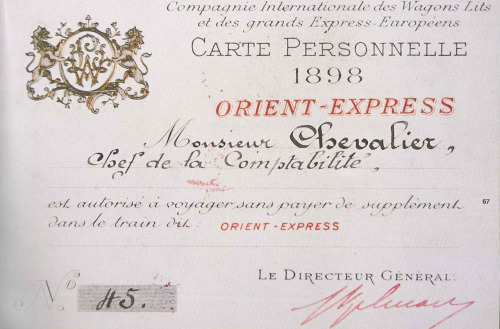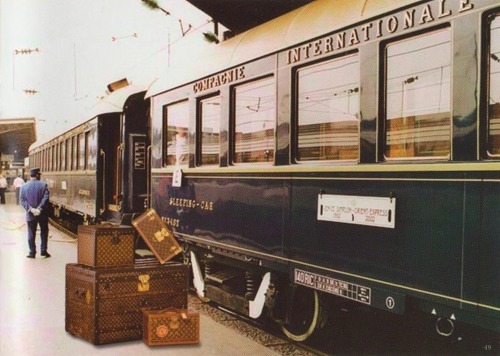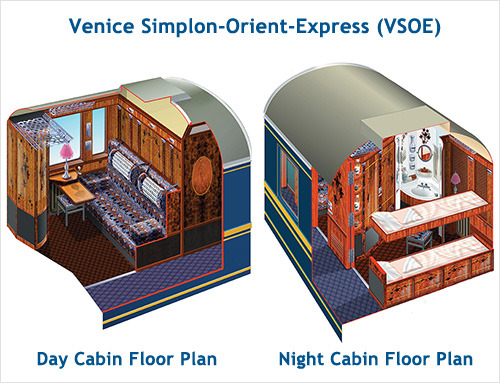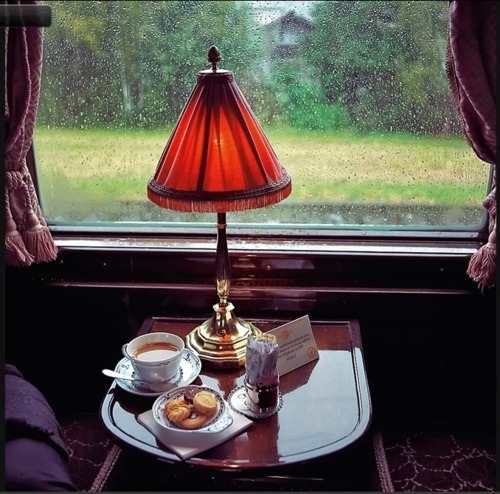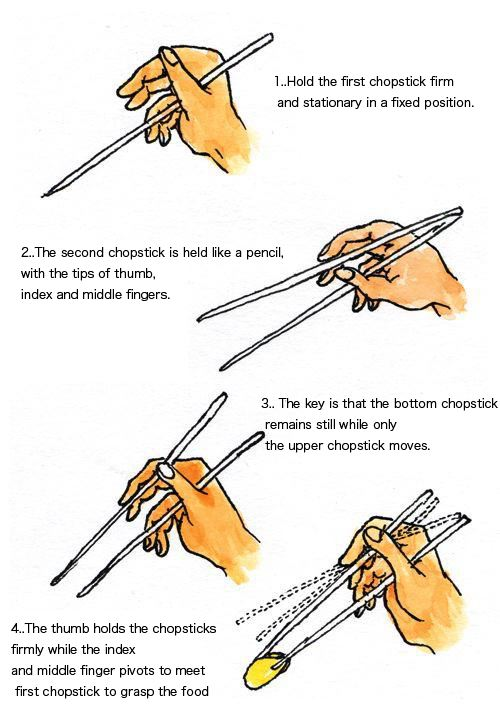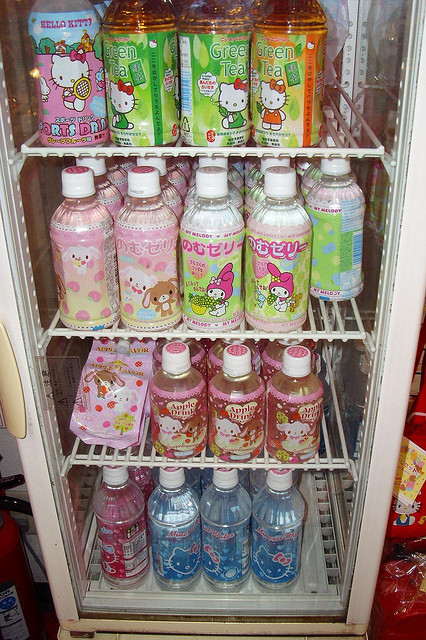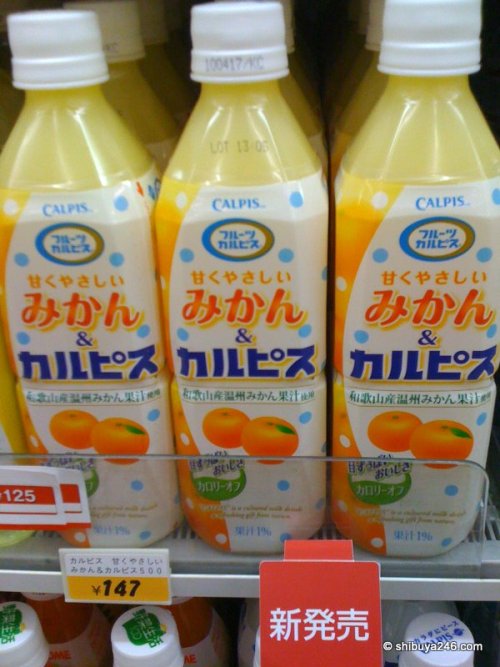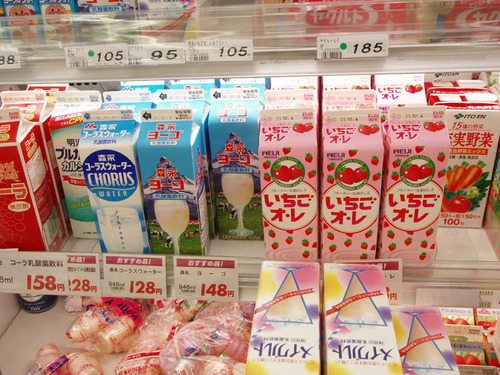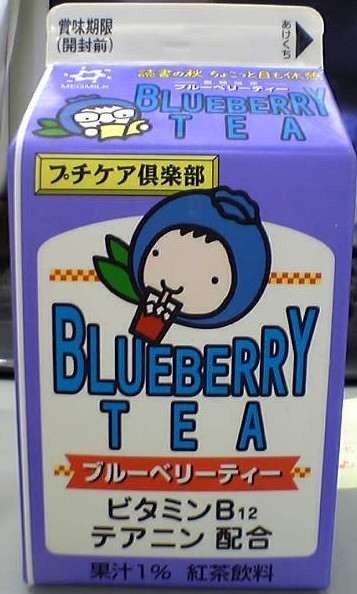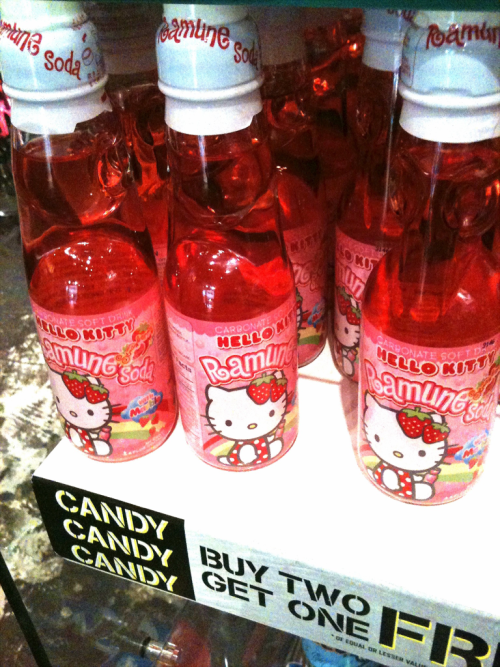White Peach-Lavender Soda
Makes about 4 to 6 servings (enough to fill a recycled 1-liter soda bottle)
1 cup water, plus more to fill the bottle
3/4 cup sugar
1 1/2 tablespoons lavender flowers
1 pound very ripe white peaches
1 tablespoon lemon juice
Pinch salt
1/4 teaspoon champagne yeast or baker’s yeast
Need: one clean 1-liter plastic soda bottle with screw-on cap
Makes about 4 to 6 servings (enough to fill a recycled 1-liter soda bottle)
1 cup water, plus more to fill the bottle
3/4 cup sugar
1 1/2 tablespoons lavender flowers
1 pound very ripe white peaches
1 tablespoon lemon juice
Pinch salt
1/4 teaspoon champagne yeast or baker’s yeast
Need: one clean 1-liter plastic soda bottle with screw-on cap
Bring the water to a boil in a small saucepan on the stovetop or in the microwave. Remove from heat and add the sugar and lavender flowers. Stir to dissolve to sugar. Let stand for 20 minutes to infuse the sugar water with lavender.
Wash and roughly chop the peaches. It is not necessary to peel them. Strain the lavender flowers and pour the infused sugar water over the fruit. Add the lemon juice and salt, and stir to combine. Let this stand for 10 minutes to macerate the fruit.
Working in batches, puree the peaches with the sugar-water in the food processor or blender. Strain the puree into a bowl, collecting as much juice as possible without forcing any solids through the strainer. You can also strain the juice through a flour sack towel or cheesecloth to yield a cleaner soda. You should end up with 1 1/2 to 2 cups concentrated fruit syrup.
At this point, you could stop, refrigerate the syrup, and add it to a glass of sparkling water to taste. To naturally carbonate the soda with yeast (you intrepid brewer you!), proceed onward.
Pour the juice into a clean 1-liter plastic soda bottle using a funnel (see note). Top off the bottle with water, leaving about an inch and a half of head room. Give it a taste and add more lemon juice or sugar if desired. The extra sugar will dissolve on its own.
Add the yeast. Screw on the cap and shake the bottle to dissolve and distribute the yeast. Let the bottle sit at room temperature out of direct sunlight for 12 to 48 hours. Exact fermentation time will depend on the temperature in the room. Check the bottle periodically; when it feels rock-solid with very little give, it’s ready.
Refrigerate overnight or for up to 2 weeks. Open very slowly over a sink to release the pressure gradually and avoid bubble-ups.
Notes:
• Feel free to substitute white nectarines, yellow peaches, or yellow nectarines for the fruit in this recipe. I’m also feeling tempted to try plums. The color and flavor will be slightly different, but most definitely still very tasty.
• For a stronger lavender flavor, infuse the sugar water for a longer period of time. Taste periodically and strain the sugar water when it tastes good to you. Since using more lavender can quickly make foods taste soapy, this is a safer way of amping up the flavor.
• I recommend using champagne yeast over baker’s yeast whenever possible. It has a crisp and clean flavor that lets the fruit shine through, whereas baker’s yeast tends to make sodas taste yeasty. Not a terrible thing, and fine in a soda-craving pinch, but get some champagne yeast if you can. It’s sold at any homebrew supply store and online at places like Northern Brewer.
• The fruit mash left after straining makes a very good afternoon snack with yogurt.
• Sodas can also be bottled in glass or swing-top bottles, but it’s more difficult to tell when the sodas have fully carbonated. To do this safely, with every batch you bottle also fill one small plastic soda bottle to use as an indicator for when the sodas have finished carbonating. Refrigerate all of the bottles as soon as the plastic bottle is carbonated; never leave the glass bottles at room temperature once carbonated.


